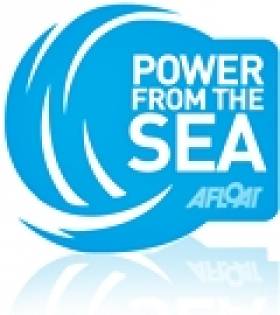Displaying items by tag: Sean Kelly
Offshore renewable energy will receive a boost with the EU’s decision to withdraw from the international Energy Charter Treaty, according to Ireland South MEP Seán Kelly.
The treaty, which dates back to 1998, was “designed to protect energy companies at the time, but has recently been viewed as an obstacle to modern policies to address climate change”, he says.
MEPs voted by 58 votes in favour, eight against and two abstentions to withdraw from the treaty at a joint meeting of the European Parliament’s trade and industry committees.
"The withdrawal from the Energy Charter Treaty is an important step that underscores the EU's commitment to fostering sustainable energy practices and mitigating climate change,"Kelly, who sits on both committees, noted.
"The outdated nature of the treaty hindered our ability to enact meaningful change in line with the Paris Agreement and impeded our progress towards achieving our climate and energy targets,"he said.
Once it became clear that the treaty could not be modernised, it made sense for the EU to leave it, Kelly noted.
The provisions of the international agreement “provided undue protection to fossil fuel investments, undermining our efforts to move towards renewable energy sources”, Kelly said.
"It is crucial that we maintain an equal playing field and provide flexibility for member states to adapt to the changing energy landscape," he stated.
The Energy Charter Treaty among 53 contracting parties was signed in 1994 and came into force in 1998.
Kelly to Give Keynote Address at Wind Energy Conference
Mr Kelly is a keen supporter of wind energy and through his presence on the key Energy Committee in the European Parliament, has called for Ireland to generate more electricity from this resource in order to become less dependent on imported fossil fuels and eventually export power to lucrative EU markets.
The IWEA's Annual Conference takes place over the 24th-25th March 2011 at the Four Season's Hotel, Dublin.





























































